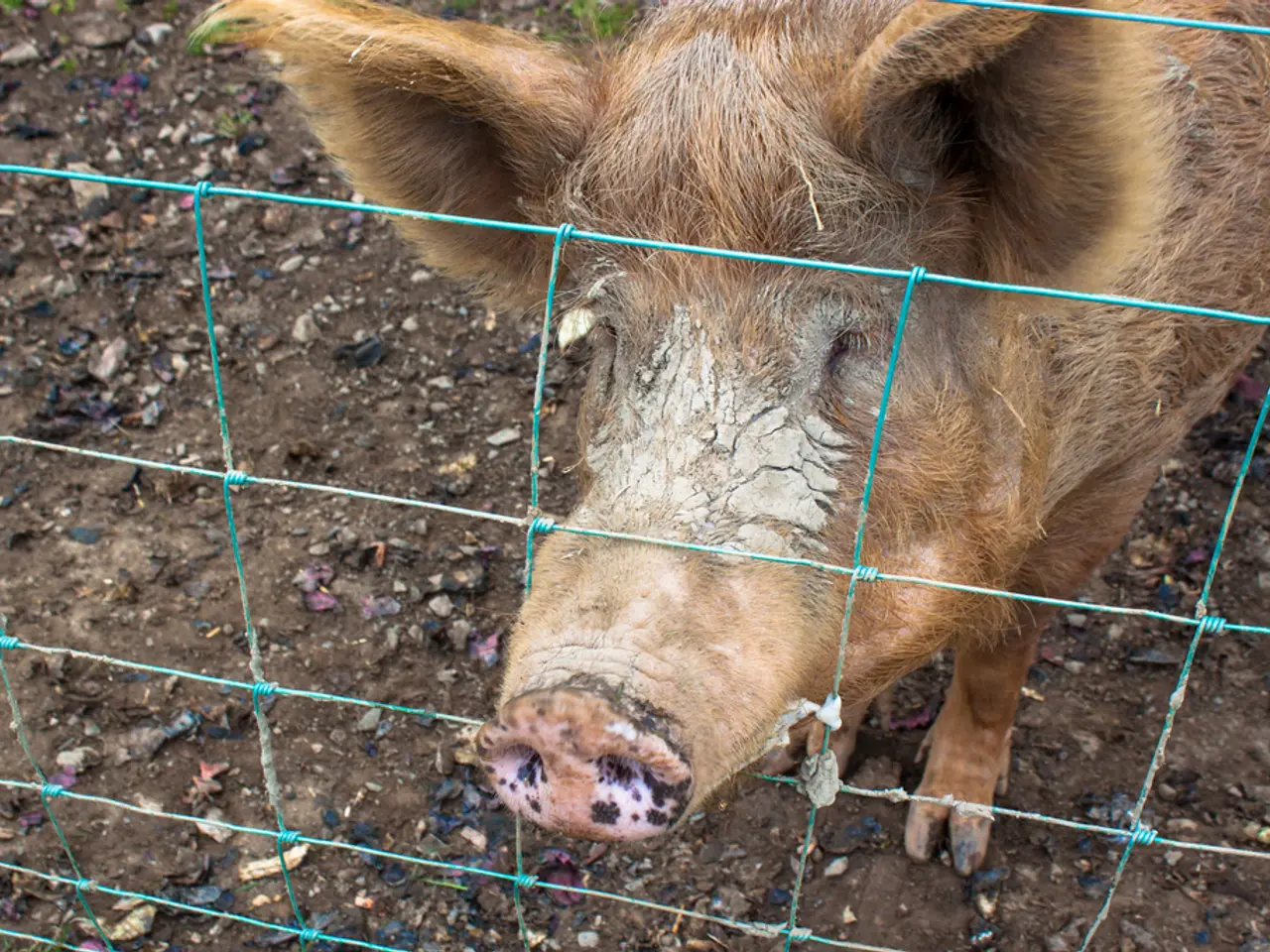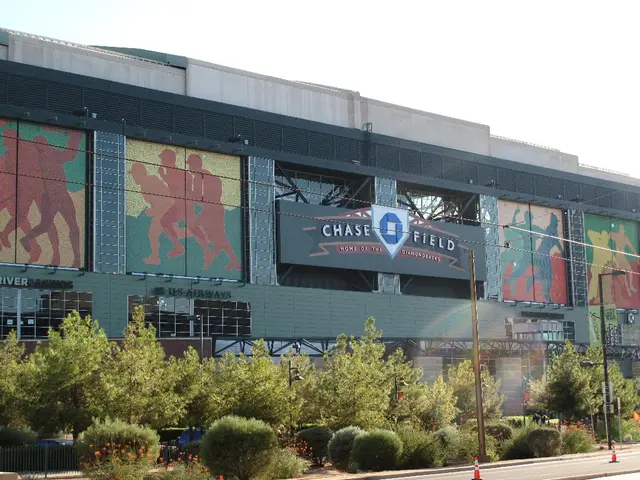Uncertainty persists amidst animal welfare standards with no clear identifiers
In the heart of North Rhine-Westphalia, farmer Christoph Sandhaeger in Rheda-Wiedenbrück is disheartened by recent developments in pig farming reforms. His plans to renovate his farm for improved animal welfare have taken a hit, following the scrapping of funding for conversion from the federal program.
Sandhaeger, who currently keeps 45 pregnant sows in an open-sided stall with air and straw, had initially found encouragement in the initial steps towards reform. His farm, though small, would undergo a significant transformation to provide better living conditions for his 600 pigs. However, the financial burden of this overhaul now looms large, with Sandhaeger facing the prospect of long-term debt.
The German Agricultural Society (DLG), along with its committees for Animal Welfare and Pigs, and the nationwide network 'Fokus Tierwohl,' have proposed substantial animal welfare improvements in pig farming. These proposals, along with the Federal Ministry of Food and Agriculture, aim to address concerns about the welfare of pigs in farming.
The DLG also collaborates with the Federal Association of Practicing Veterinarians (bpt) on the Animal Welfare Award, which promotes higher animal welfare standards. Despite these efforts, animal welfare advocates claim that the requirements for housing forms are merely window dressing, with animals still suffering.
The mandatory labeling of housing forms for pork, a step towards transparency, has been postponed until next year. Veterinarian Jochen Weins believes that this labeling could bring about improvement, but visible violations of animal welfare conditions are not initially enforceable by law.
Weins also suggests transferring control of animal welfare labels from the trade to private inspection organizations. This shift could potentially ensure a more rigorous and objective evaluation of farming practices.
Recent undercover filming by the Animal Rights Watch association in several pig farms in NRW revealed serious violations. Most of the proceedings have been dropped by the public prosecutors' offices because they do not violate any legal provisions.
Amidst this controversy, Rogers, a commentator, finds it important that more progress is made in improving animal welfare on fattening farms. He also notes that it should not be made too difficult for farmers who want to change things.
In light of these developments, the state government is calling on the federal government to remove permit-related hurdles in the construction of pig stalls. This move could pave the way for farmers like Sandhaeger to make the necessary changes to improve the lives of their livestock.
As the debate continues, it is clear that the future of pig farming in Germany hangs in the balance, with farmers, advocates, and the government all vying for a more humane and sustainable approach.








